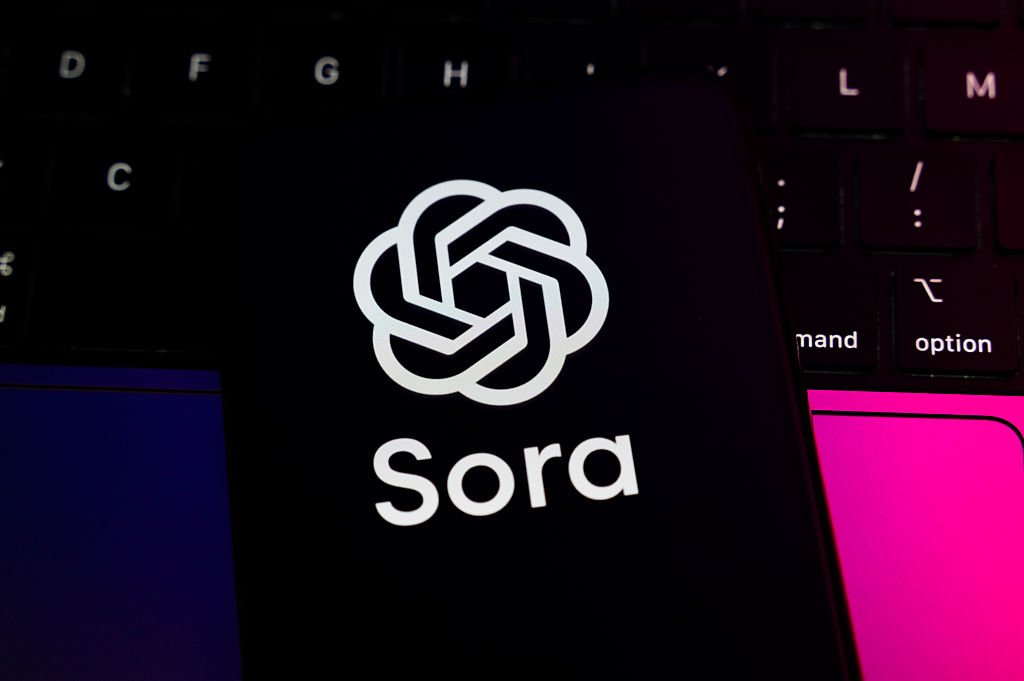OpenAI could also be reversing course on the way it approaches copyright and mental property in its new video app Sora.
Previous to Sora’s launch this week, The Wall Street Journal reported that OpenAI had been telling Hollywood studios and businesses that they wanted to explicitly choose out in the event that they didn’t need their IP to be included in Sora-generated movies.
Regardless of being invite-only, the app shortly climbed to the highest of the App Retailer charts. Sora’s most distinctive characteristic could also be its “cameos,” the place customers can add their biometric knowledge to see their digital likeness featured in AI-generated movies.
On the identical time, customers additionally appear to please in flouting copyright legal guidelines by creating movies with well-liked, studio-owned characters. In some circumstances, these characters would possibly even criticize the corporate’s method to copyright, for instance in movies the place Pikachu and SpongeBob work together with deepfakes of OpenAI CEO Sam Altman.
In a blog post published Friday, Altman stated the corporate is already planning two modifications to Sora, first by giving copyright holders “extra granular management over era of characters, much like the opt-in mannequin for likeness however with extra controls.”
The important thing phrase right here seems to be “opt-in,” suggesting that OpenAI will cease customers from creating movies with copyrighted characters until studios and others rightsholders have truly given Sora permission to take action.
“We’re listening to from a number of rightsholders who’re very excited for this new form of ‘interactive fan fiction’ and assume this new form of engagement will accrue a number of worth to them, however need the power to specify how their characters can be utilized (together with by no means),” Altman stated.
Techcrunch occasion
San Francisco
|
October 27-29, 2025
Even with this new method, Altman acknowledged there are more likely to be “some edge circumstances of generations that get by way of that shouldn’t.”
The second change he talked about is a few unspecified type of video monetization. The corporate beforehand stated its solely plan for monetization was to cost customers to create additional movies during times of excessive demand, and Altman’s weblog publish appears to elaborate on that concept by acknowledging “we’re going to should one way or the other become profitable for video era.” He additionally suggesting the income may very well be shared with rightsholders.
“Our hope is that the brand new form of engagement is much more beneficial than the income share, however after all we … need each to be beneficial.”
